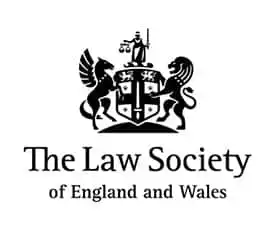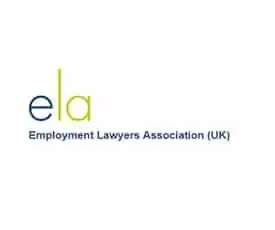What Is ACAS And What Do They Do?
ACAS stands for Advisory, Conciliation and Arbitration Service. It is an independent, publicly-funded organisation aimed at improving employment relations.
The organisation serves as an alternative, informal, cost-efficient, fast and confidential employment tribunal. It also offers training and advice on employment-related issues. The organisation is completely voluntary and all of its proceedings are confidential and free.
Dispute Resolution
There are three ways ACAS helps to solve disputes. These are:
– Conciliation
– Arbitration
– Mediation
What is Conciliation?
ACAS’s conciliation aim is to help both parties reach a mutually acceptable agreement. If you want to take your employer to an employment tribunal, for example, for unfair dismissal, you must first tell ACAS that you plan to make a claim.
ACAS then offers both parties the opportunity to use conciliation to resolve things without going to a tribunal. During conciliation, ACAS will:
- Establish the issues being disputed
- Give both sides a chance to understand where they stand
- Speak to each side privately to hear their concerns
- Arrange a joint meeting to talk things through
- Help both sides move forward and repair the working relationship
Any agreement made through ACAS is legally binding. Both sides must stick to it.

What is arbitration in law?
Arbitration is different from conciliation. In this case, both sides agree to let someone else (a neutral third person) make a final decision about the dispute. This person can also decide on any payments or outcomes needed.
Unlike going to court or a tribunal, ACAS keeps things simple. There are no long documents, legal forms or witness statements. The process is more relaxed and flexible.
Instead of following strict legal rules, ACAS focuses on fairness and good behaviour when deciding what’s right.
What is the role of ACAS?
ACAS’s decisions are final. Once awards are made, they are almost impossible to challenge. The role of ACAS during arbitration is to:
- Choose someone (an arbitrator) to make a final decision about the complaint
- Help both sides with the paperwork and process
- Look into any mistakes made in the decisions by the arbitrator
What is Mediation in Law?
Mediation isn’t that different from arbitration. The only difference between the two is that no awards are made in mediation. Under mediation, ACAS mediators make recommendations to both parties. They take on an active role in proceedings, assisting participants to reach resolutions.
In mediation, parties can choose to take the suggestions offered by the mediator or not. The mediator’s role during mediation is to identify the issues, offer ideas that could help improve the situation and to guide both parties through the process.
When guiding parties, ACAS mediators normally:
- Speak to both parties separately to establish the problem
- Help parties think about their decision and the result they want
- Encourage both parties to view things from the other party’s perspective
- Make recommendations on how to improve the situation
The Advisory, Conciliation and Arbitration Service’s day-to-day operations are managed by a Chief Executive and a board of the organisation’s regional and national directors.
If you require further employment law guidance then please reach out to our employment lawyers here at DPH Legal for a free consultation.
Disclaimer: The contents of this article are for information purposes only and should not be relied upon as formal legal advice. We cannot accept responsibility for any loss as a result of acts or omissions taken in respect of this article. Specific legal advice should be tailored to the individual circumstances in all cases.
For any information relating to our services, please give us a call, and we will be very happy to help.
What Can We Help With?
- Settlement and compromise agreements
- Unfair dismissal advice
- Employment tribunal advice
- Discrimination claims
- Redundancy advice
- Breach of contract
- Advice on maternity and paternity leave
- Book A Free Consultation
- Understand Your Situation
- Know Where You Stand
Our 3 Step Process
Book A Free Consultation
This complimentary consultation allows our employment solicitors to understand more about your specific situation so we can provide you with the best advice possible.
We’ll lay out your options and will advise you upfront of any costs involved.
Our 3 Step Process
Understand Your Situation
Understanding your unique situation will help us to understand how we can help you move forward with more clarity.
Although everyone’s situation is unique, we’ve most likely dealt with similar scenarios before.
Our 3 Step Process
Know Where You Stand
Whether that’s pursuing unfair dismissal, negotiating a larger settlement agreement, starting a claim for discrimination or simply having peace of mind.
We’ll help you feel clearer and more settled.

0 / 127
5 star reviews

0 / 50
5 star reviews
Yell.com

0 / 231
5 star reviews
ReviewSolicitors
Client Feedback
We have formed many long-lasting relationships by listening to feedback and understanding our clients’ needs. Our employment law advice provides exceptional care and tailored support.
Award Winning Service
Our award-winning legal services are recognised for excellence, professionalism, and client success. We provide tailored strategies with a focus on precision, integrity, and results.
Contact a Lawyer Today
Davidson House,
Forbury Square,
Reading, Berkshire,
RG1 3EU
0118 914 5622
info@dphlegal.com









